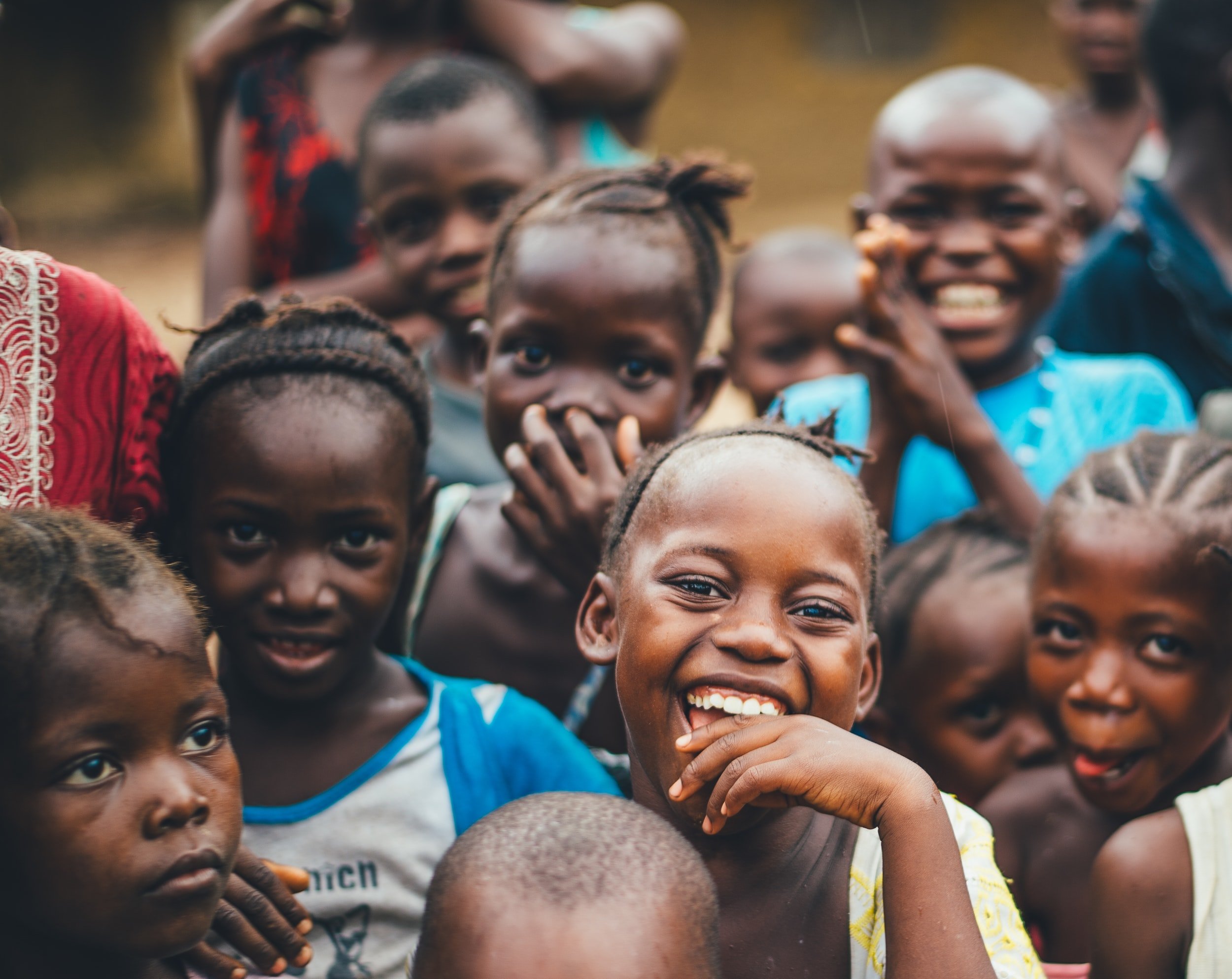Family planning saves lives
Lafiya Nigeria is committed to working at the forefront of one of the most impactful areas of global health with an intervention that has the potential to be one of the most cost-effective.
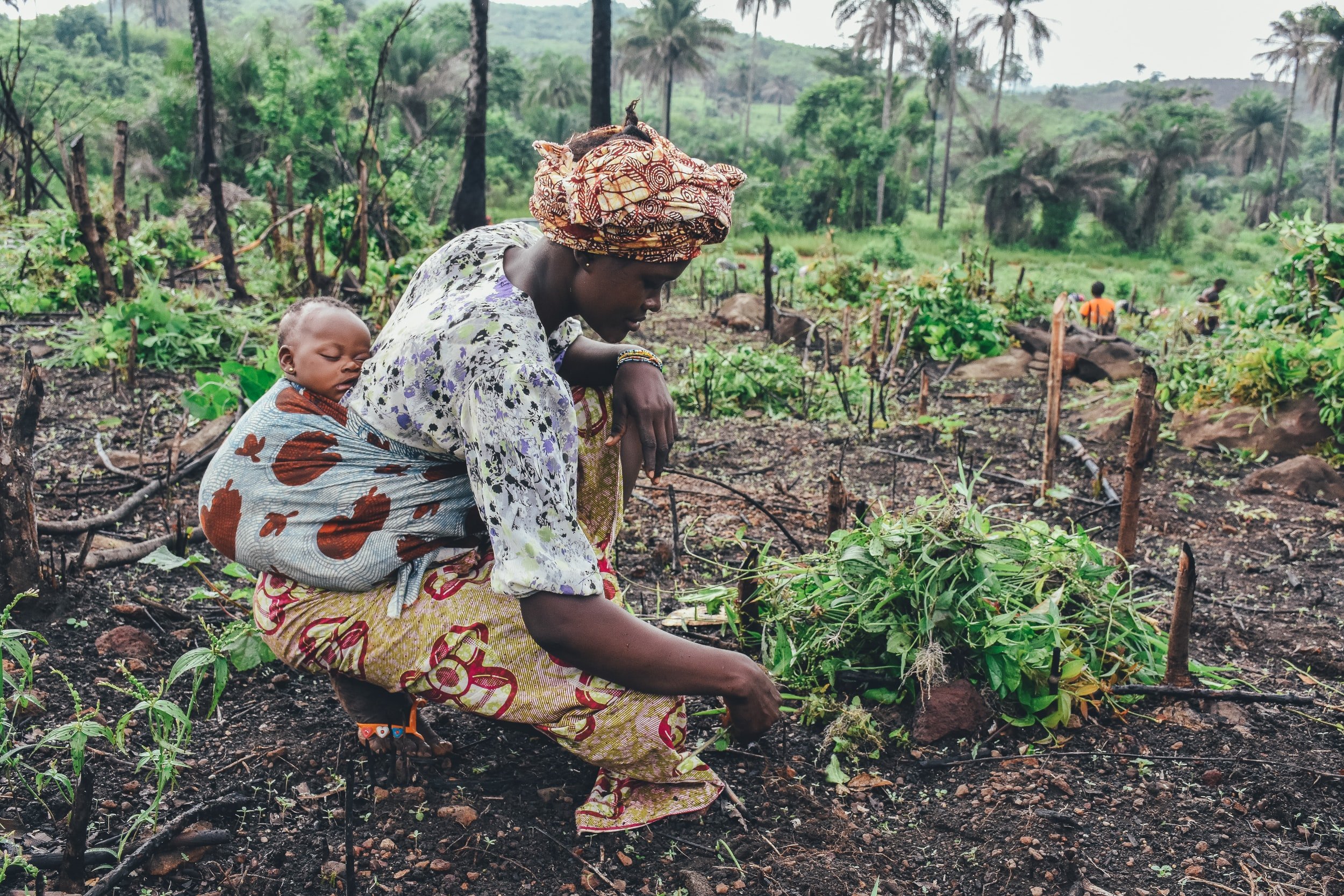
Our reasons to act
-
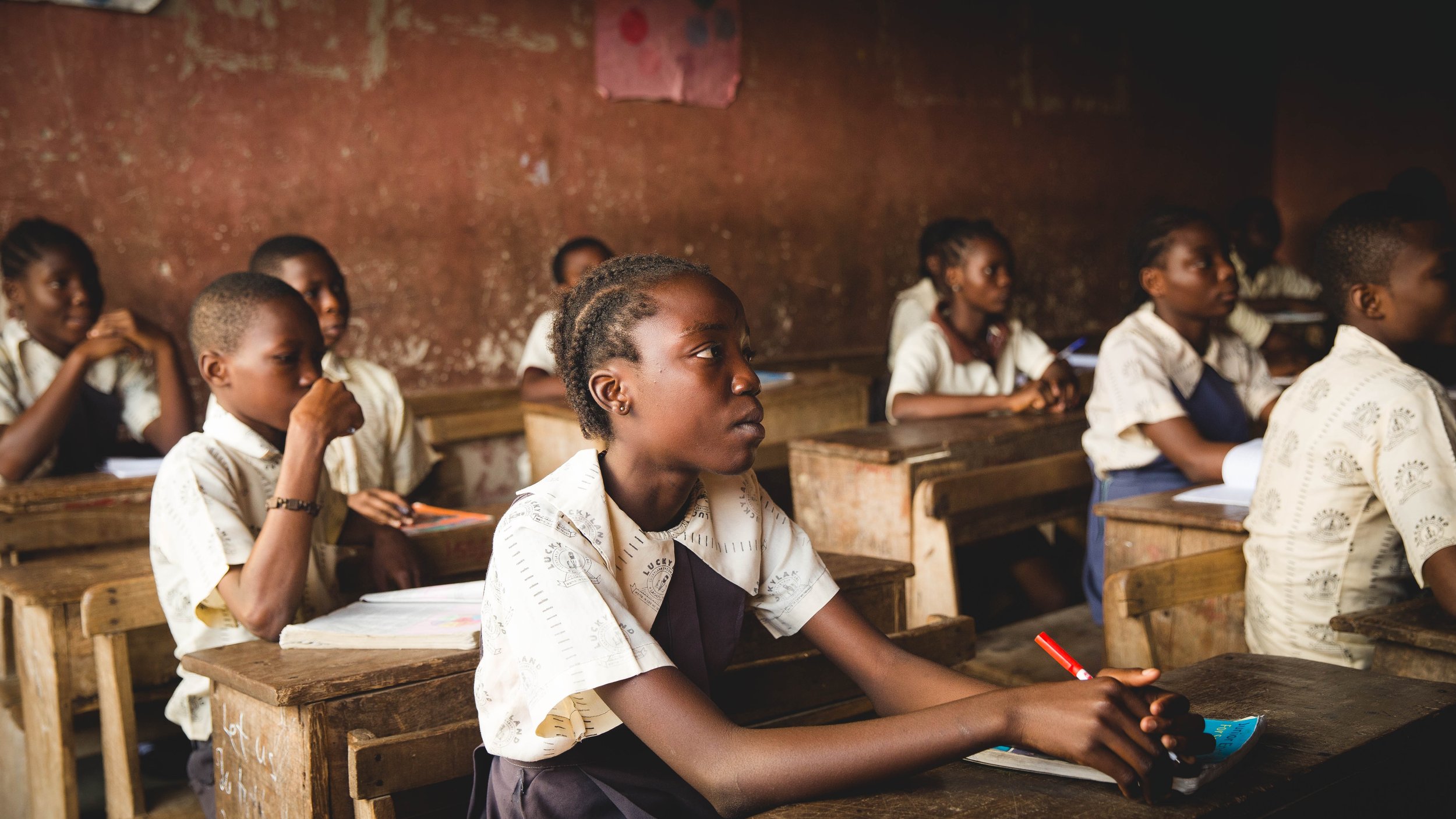
Contraception as a Human Right
The United Nations have decreed access to family planning products and information as an inalienable human right that women should be able to access.
In 1968, the United Nations International Conference on Human Rights in Tehran declared that “parents have a basic human right to determine freely and responsibly the number and the spacing of their children”.
Family planning is not only a matter of human rights; it is also central to women’s empowerment, reducing poverty and achieving sustainable development.
-
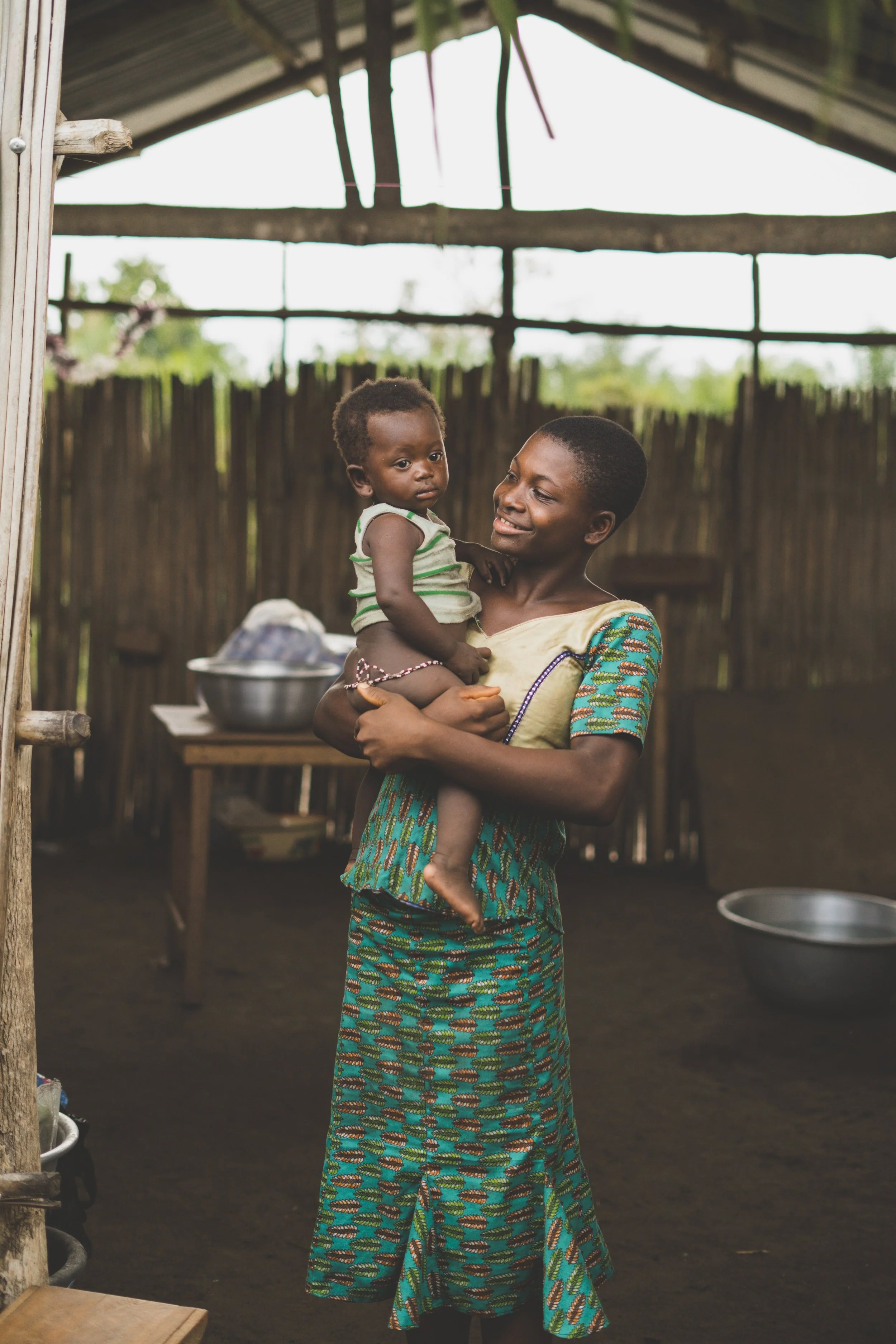
Urgency for Maternal Health
Use of contraception prevents pregnancy-related health risks for women, especially for adolescent girls. By reducing rates of unintended pregnancies, family planning also reduces the need for unsafe abortion.
Family planning can prevent closely spaced and ill-timed pregnancies and births, which contribute to some of the worlds highest infant mortality rates. Infants of mothers who die as a result of giving birth also have a greater risk of death and poor health.
Family planning reduces the risk of unintended pregnancies among women living with HIV, resulting in fewer infected babies and orphans.
-

Socioeconomic Opportunities
Family planning represents an opportunity for women to pursue additional education and participate in public life, including paid employment in non-family organisations.
Access to family planning products and information is especially important for adolescent girls that are still in schooling. Delaying pregnancy and child-bearing have direct effects on their schooling years and projected life earnings
On the national level, a higher level of female education and female participation in the workforce results in improvement of the national economy and reduction in poverty levels.
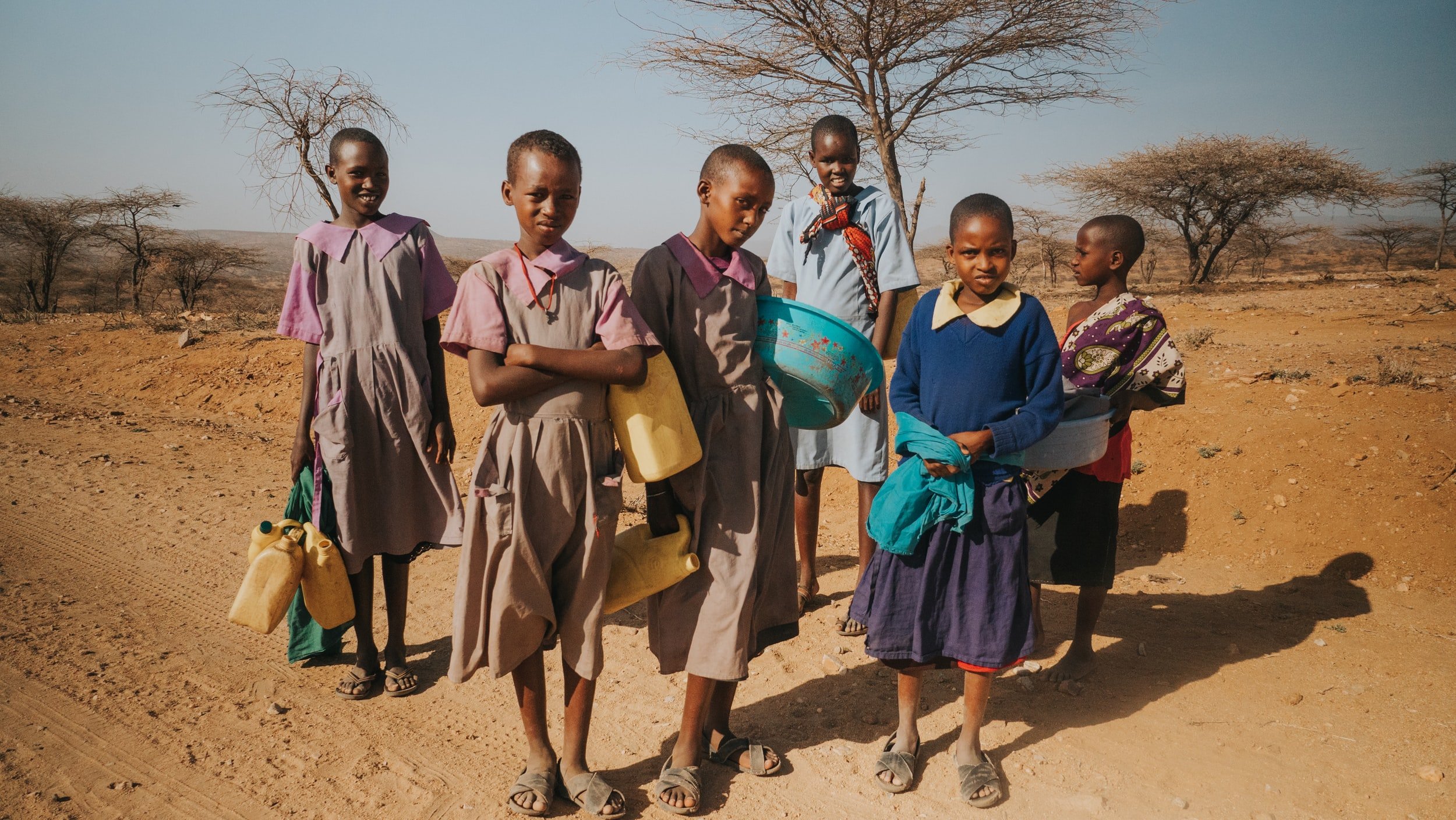
Our approach
Female-led. Community-based. Evidence-driven.
Mission: Providing access to contraception to end maternal mortality.
Model:
Trust-building: Our Lafiya Sisters, the key agents in our distribution model, are midwives and nurses trained by NANA Girls and Women Empowerment Initiative. Women4Health and Girls4Health were eight-year programmes organised by NANA and funded by donors such as the Foreign Commonwealth & Development Office (FCDO), Bill and Melinda Gates Foundation, DAI, and JSI. Lafiya Sisters live in the rural and hard-to-reach communities and they are in the best position to target women and girls in need of family planning products and information.
Cost-effective: Lafiya Sisters inform women about their family planning options and teach them how to self-administer DMPA-SC, a self-injectable contraceptive recommended by the WHO and in use in more than 40 countries worldwide. The contraceptive costs USD $0.85 to manufacture and lasts for up to three months. The contraceptive’s potential for women to self-administer reduces barriers associated with use in a rural setting, and truly brings family planning back into women’s own hands.
Scalable: Our partner organisation NANA Girls and Women Empowerment Initiative has trained over a 1000 women through Women4Health and Girls4Health to become qualified health professionals based in local communities. This existing network is easily deployable following a two-day comprehensive family planning training organised by Lafiya Nigeria.
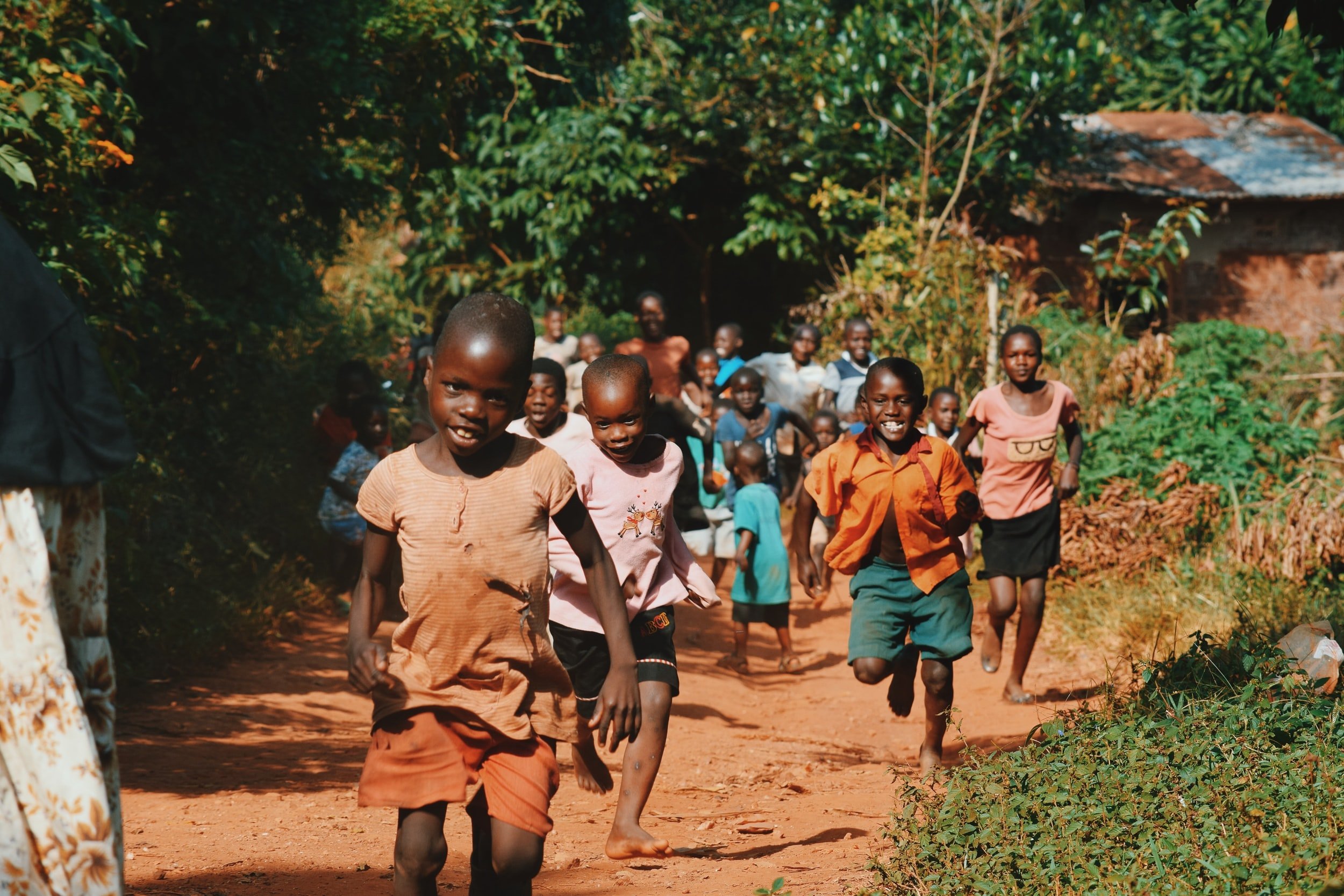
Our impact in 2022
-
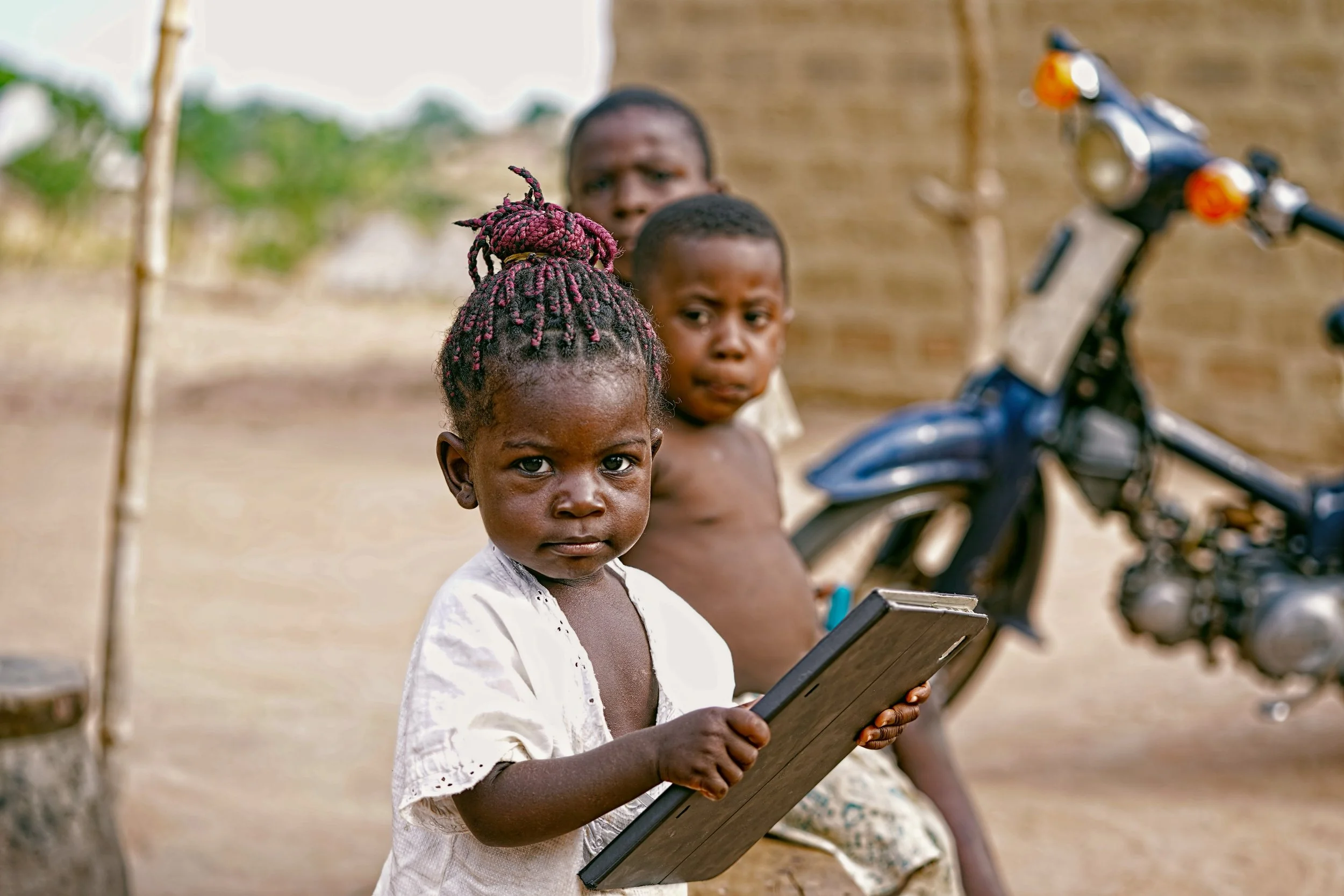
On-the-ground Research
As part of our commitment to rigorous evidence, we administer surveys to our target audience before and after our pilot to assess our impact on usage, adherence, and attitudes toward family planning.
-

Keystone Pilot Project
Six-month-long pilot campaign in Jigawa, Nigeria encompassing a training curriculum, technology-driven monitoring services, and the distribution of 2400 doses of contraceptive to rural users.
-

Stakeholder Engagement
Connecting with local stakeholders, including state governments and health advisors to generate demand for contraceptive use and to dispel misinformation around the topic.
